While many high schoolers are spending their summer preparing for the next academic year in familiar classrooms, West Seattle’s Ari and Khalil Taw, 16-year-old fraternal twins, are preparing for something entirely different — and halfway across the world.
The siblings have been selected as Davis Scholars in the prestigious United World Colleges (UWC) program, an international educational movement that brings students from around the world together to promote peace and understanding through education. Over the next two years, they will live and study apart — Ari in Mostar, Bosnia and Herzegovina, and Khalil in Dilijan, Armenia.
A Unique Educational Mission
Founded in the 1960s in the United Kingdom, UWC now includes 18 high schools across four continents, and has long been championed by global leaders like King Charles, Nelson Mandela, and Queen Noor of Jordan. The program’s mission is to build cultural bridges and foster empathy among youth through shared learning experiences.
“It’s the best-kept secret in the U.S.,” said Carl-Martin Nelson, UWC’s Director of Communications. He emphasized that UWC invests in scholarships, not marketing. Admission is driven not by academics alone, but by students’ potential to be empathetic, globally minded changemakers.
The Path to Acceptance
The selection process for UWC is highly competitive, with national committees around the world tasked with nominating promising candidates. For Ari and Khalil, the journey involved a rigorous three-stage application, including essays, interviews, and a visit to UWC’s American campus in Montezuma, New Mexico.
Ari admitted to moments of doubt. “I became scared through the stages,” she said. “I think I have this little impostor syndrome. Do I really belong here?” But in the end, both siblings were accepted and matched with campuses that aligned with their interests.
A Vision for Social Impact
Ari chose Mostar for its post-conflict history and multicultural dynamic. “There are three ethnicities there. I wanted to see how they’ve reconciled after the war,” she said. Passionate about immigration and identity, she hopes to better understand how societies recover and coexist.
Khalil’s placement in Armenia reflects his growing interest in environmental equity and public access to nature. “So many people are blocked from outdoor spaces because of cost, gear, or transportation,” he explained. He dreams of shaping policies that make nature more inclusive and equitable, possibly through a future in politics.
Leaving Home Early — and Together
Leaving home at 16 to study overseas would be daunting for any teenager, but for twins who have grown up side by side, it carries a unique emotional weight. Ari expressed the bittersweet reality: “They [our parents] are losing both of their kids. I’ll never live with them again.”
Their father, Harold Taw, joked, “My wife and I were a lot more supportive of their departure when we thought it wasn’t a realistic possibility.”
Despite the challenge, both parents have shown unwavering support for their children’s global ambitions.
Looking Ahead
As Ari and Khalil wrap up their sophomore year — Ari at Holy Names Academy and Khalil at the Downtown School — their focus shifts to a new kind of learning. Orientation at their respective campuses begins at the end of August. Ari’s will include a group canoe trip, a fitting metaphor for the teamwork and cultural exchange that lies ahead.
Khalil summed up the heart of the experience: “The idea that world peace starts with kids and education is the most important thing. People hate each other until they talk face to face — then you see that someone feels just like you. It’s going to be messy, but also, it’s kind of beautiful.”

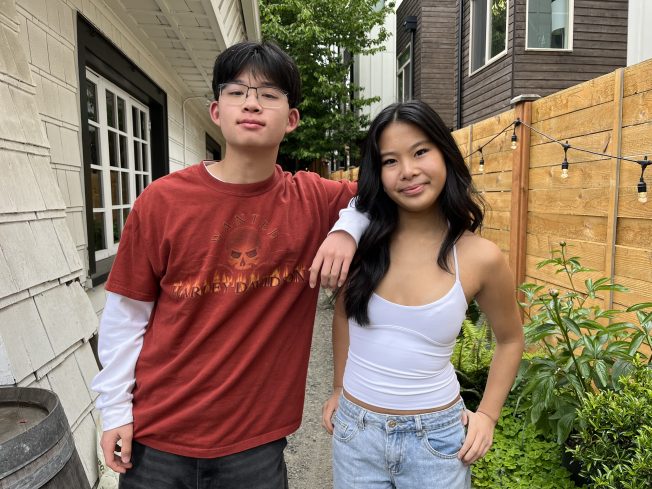
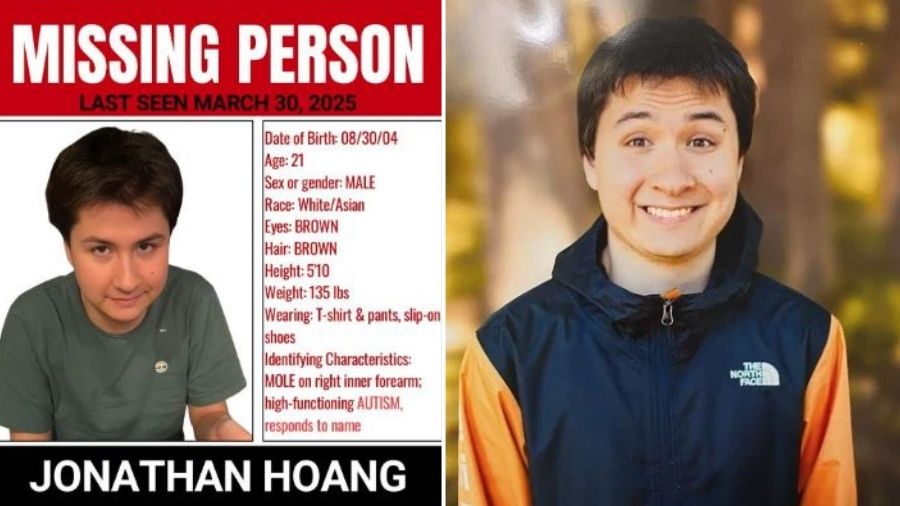
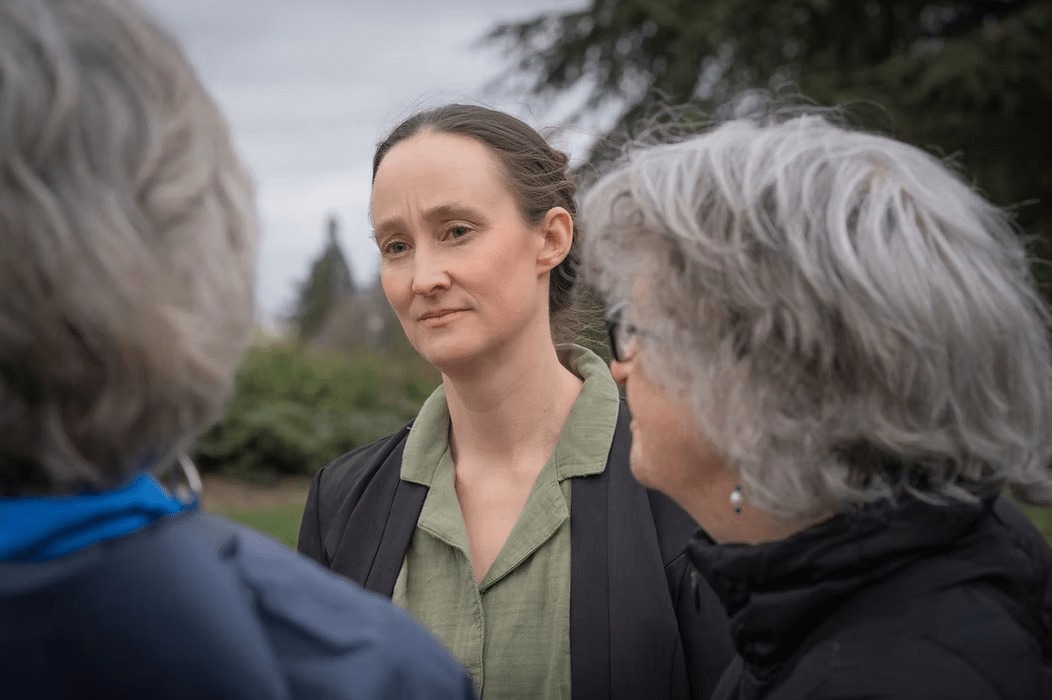
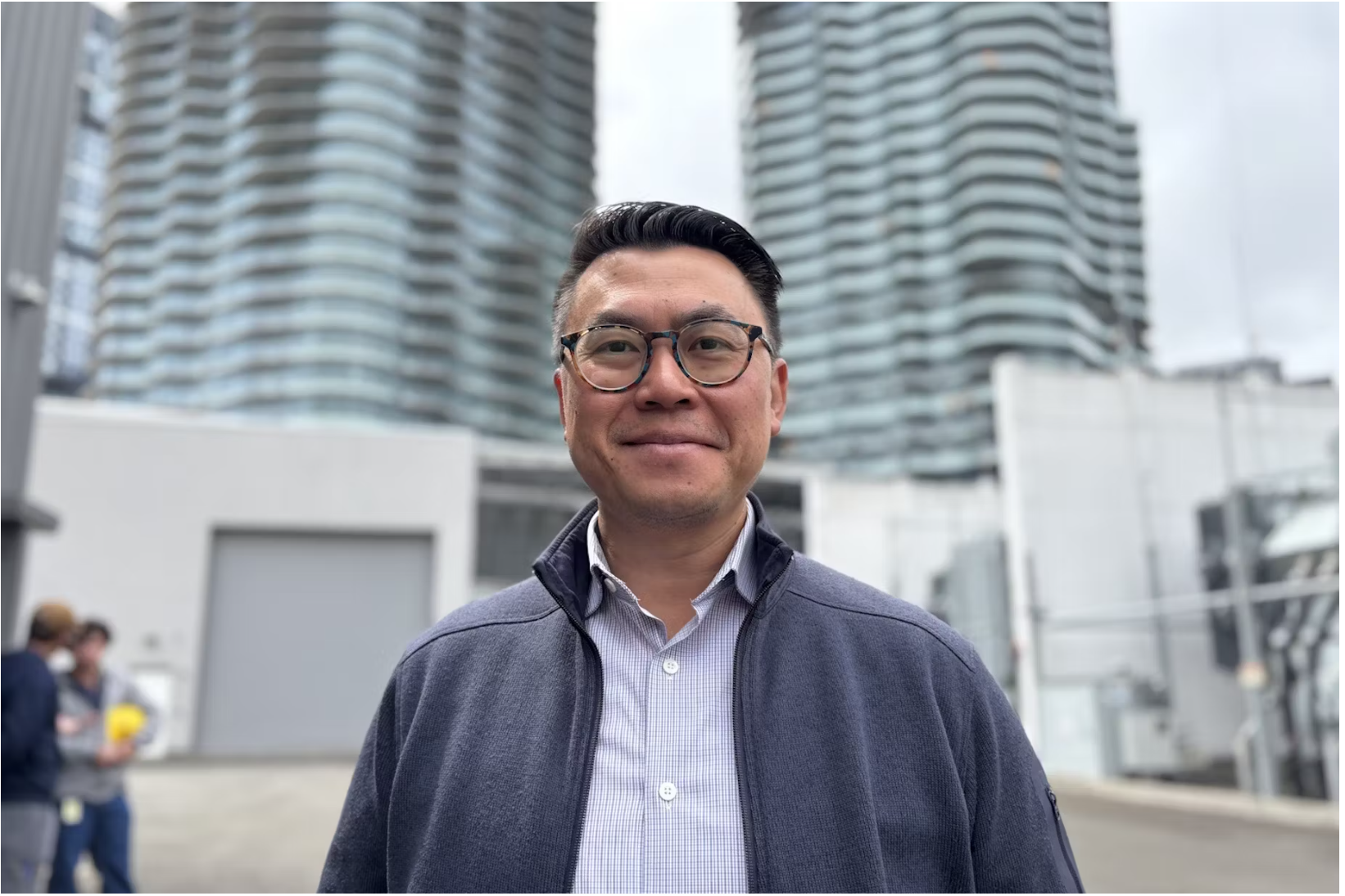

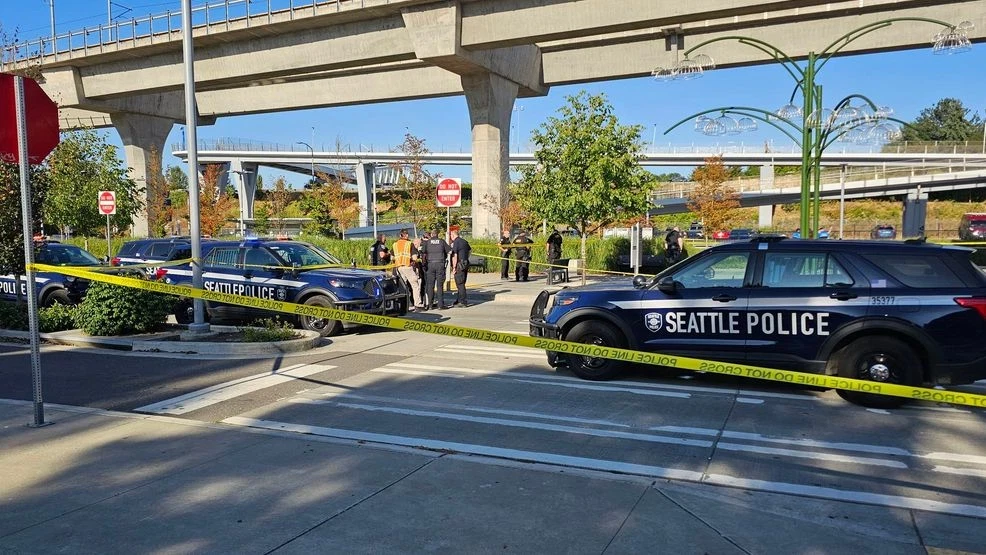
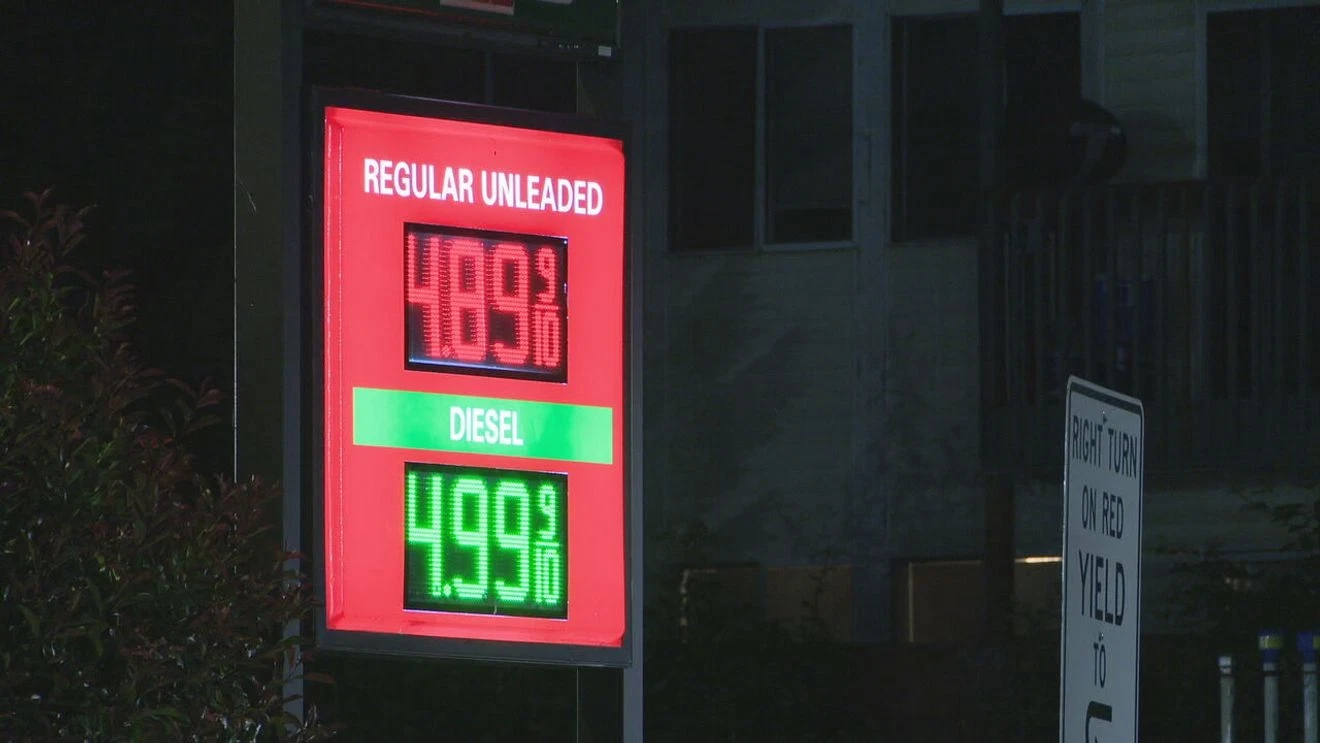
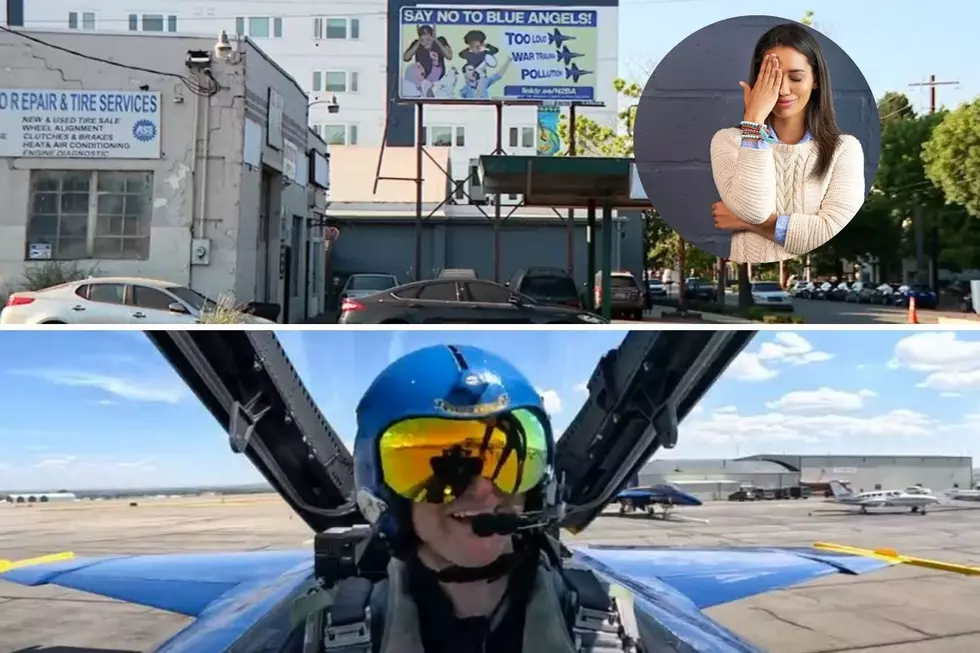

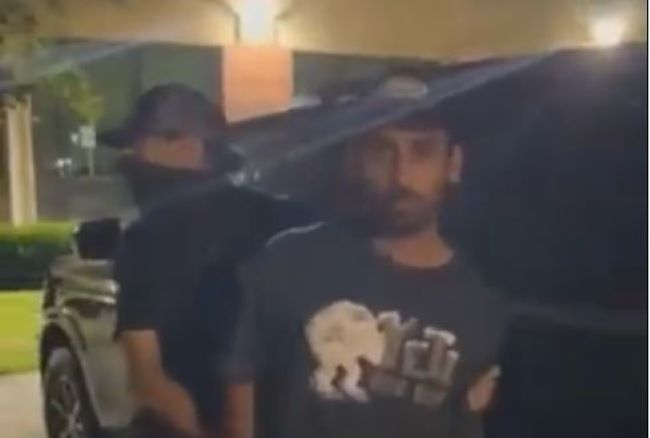

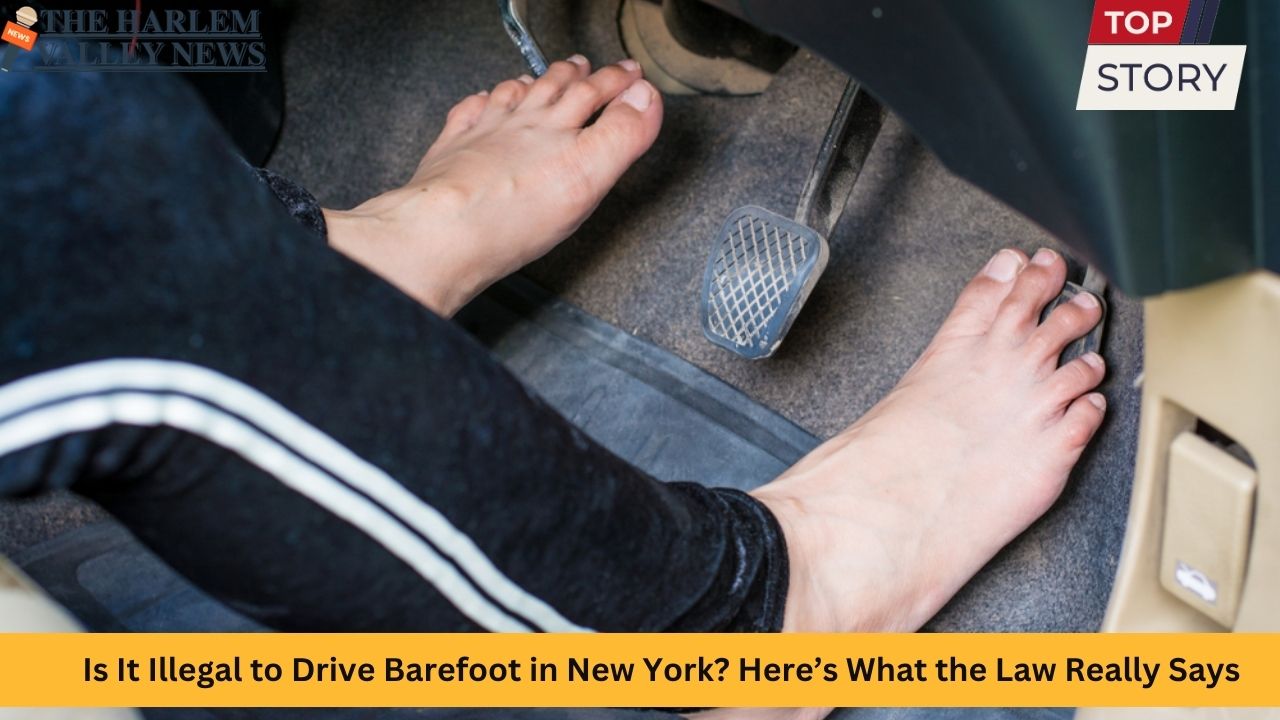




Leave a Reply